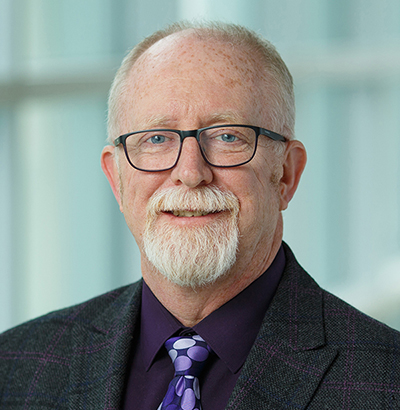
Matthew Sheehy is the university librarian, overseeing all of the operations of the Brandeis University Library, including research and instruction; collections, access, and technical services; and archives and special collections. He also oversees the Center for Teaching and Learning, Brandeis University Press, Brandeis Design and Innovation (MakerLab), and the Sound, Image, and Media Studios. Sheehy’s goal is to provide services and collections that enhance learning, teaching, and research activities.
Prior to joining the Brandeis administration, Sheehy held leadership positions in access services at the Harvard University Libraries, and reference and research services at the New York Public Library. Sheehy has served on the program steering committee for the HathiTrust, co-led the Boston Library Consortium’s Heads of Resource Management, and helped launch the Manhattan Research Library Initiative.
Sheehy earned a BM from the University of Hartford, The Hartt School and both an MLS and MA from the University of Buffalo.
Matthew Sheehy
We caught up with multiple-time participant Matthew Sheehy after he took Academic Libraries in 2023, to get his insight on our programs.
Reflecting back on 2022’s Future Library Design, how has the program impacted your work in the last year?
In our library, we have been opportunistic, and not strategic with our space. And while we are 7-10 years from a full building refresh or replacement, I wanted to see where I could be pushed to think strategically about the incremental changes on the way to that refresh.
One change we have made due to the courses is wayfinding — we now color-code similar service locations the same color, for instance, all printing areas are the same color.
I liked the exercises in the program where we were given the floor plans and immediately moved into the question of how would we redesign it. I was in a group with different ways of thinking, from the impact light may have on the space (architects) to the programmatic needs (librarians). Those different perspectives helped me to look at the design challenge differently.
We offered Academic Libraries in 2023 for the first time. How was your experience in this program and would you advise someone to take both programs?
The types of exercises were similar in this program to Future Library Design, but as an academic librarian, the spaces were much more engaging due to the focus on Academic Libraries. What I felt was most useful was the discussions around concerns focused on security, technology, and accessibility within academic libraries.
Doing these programs back-to-back have a lot of merit — I think that would have been the best way to have done it. But, by doing it in multiple years, I had the advantage of getting to know multiple cohorts.
In a 2018 interview, you stated that “the Brandeis library is at a point of transformation” and noted a desire for “the entire Brandeis community, including our graduate students and faculty, to be able to feel welcome and take advantage of the physical library as well as our online services program”. Implicit in this statement is an acknowledgement of the growing role of online services in libraries. Reflecting back on these last five years, how do you see that having shifted, and where is that balance headed?
Before COVID, there were discussions about how much space the library was taking up on our campus. As the University Librarian, I have doubled down on space as a library service, much as the collection and staff expertise are also library services. We need to design services based on the needs of our students, guided by the overall trends of library use.
In 2023, for the first time since 2019, our physical circulation has gone up. And we are also seeing demand for non-academic use of the library space for events going up. I think this is due to people, and especially students growing up during the COVID era wanting more experiences in their lives that are in person and away from screens – and our library services should reflect that.
